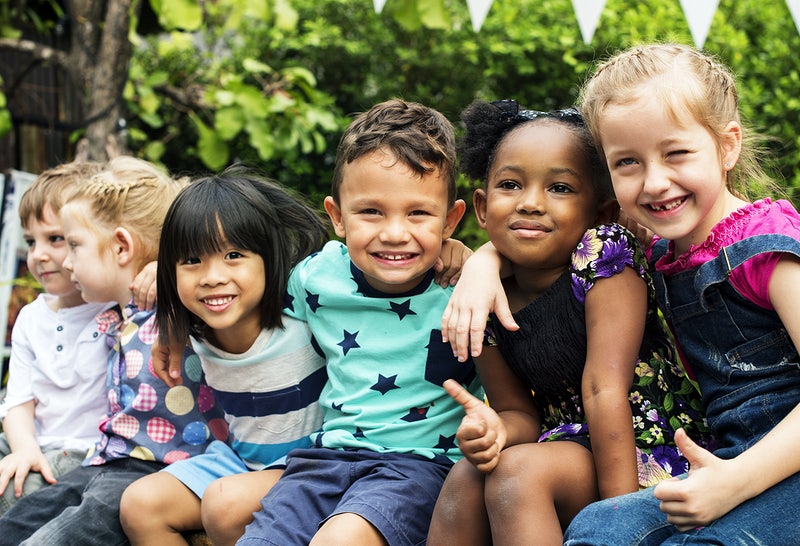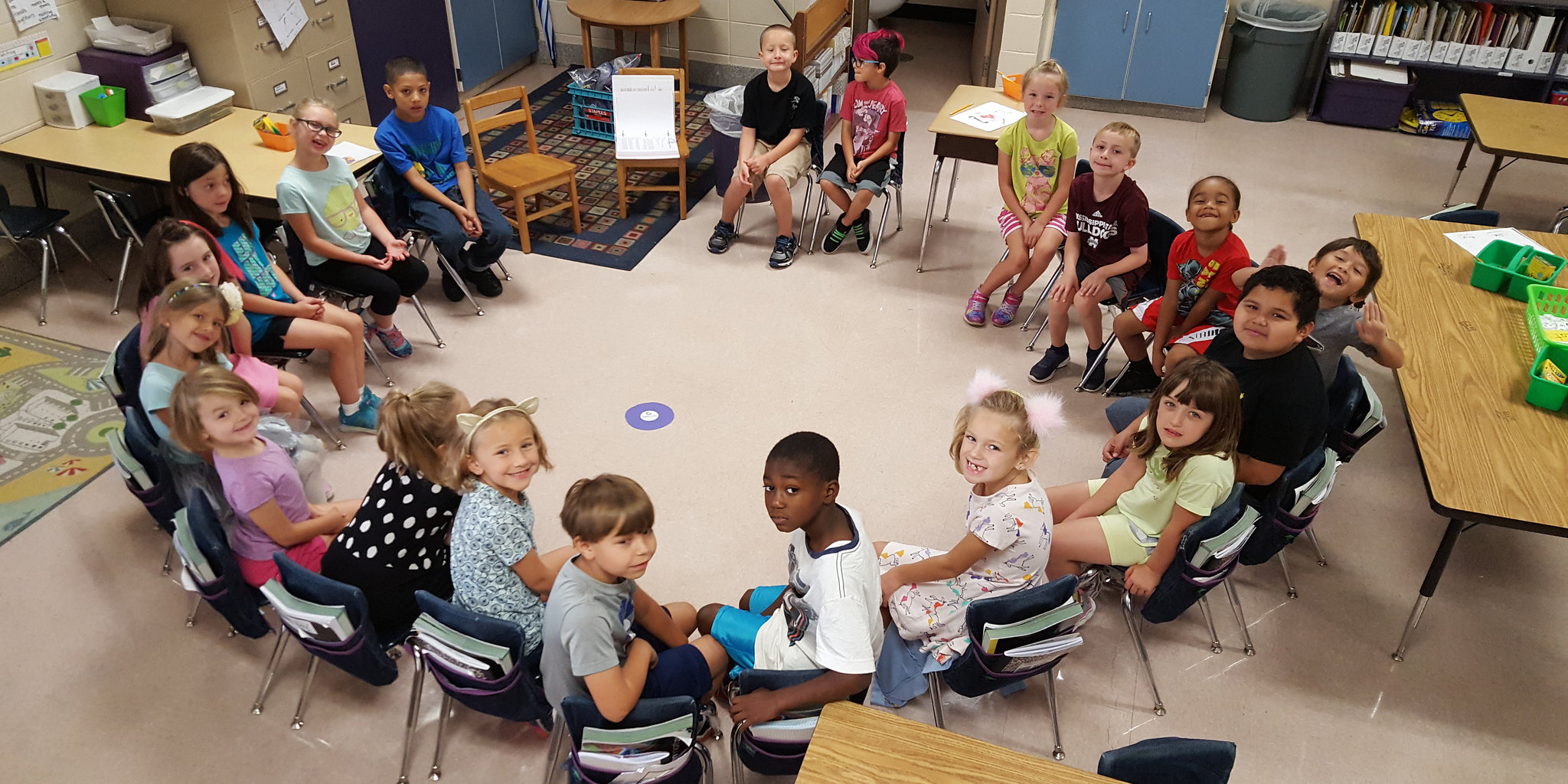What is Open Circle?
Open Circle is a comprehensive, whole-school education program that teaches children critical life skills to promote positive student behavior, social-emotional skills, and character development for elementary and middle schools.
Open Circle provides professional teacher training and a K-8 curriculum with two goals:
- To proactively help children develop decision-making and problem-solving skills, recognize and manage emotions, and perspective-taking, and to develop healthy and positive relationships.
- To help schools develop safe and highly engaging learning communities.
Open Circle works with school communities to help children develop essential life skills to be ethical people, contributing citizens, and successful learners.
By helping schools implement Open Circle Curriculum & Circles in Open Circle, and through our unique and experiential approach, we foster the development of relationships that support safe, respectful, and engaging learning communities.
Open Circle by the numbers
Open Circle Milestones
- 2013: Open Circle’s highly effective program was recognized by CASEL in its exclusive Guide to Effective Social and Emotional Learning Programs.
- 2023: Open Circle became an independent organization and relaunched an updated curriculum in 2024.
- 2025: Open Circle joined fiscal sponsorship with TSNE, expanded programming and curriculum, and added Circles in Open Circle for grades 6-8.
Our Mission
Our mission at Open Circle continues to be the advancement of children’s well-being and learning by partnering with school communities to promote critical life skills, positive behavior, and character development that help foster safe and engaging learning environments.
What makes Open Circle unique?
At Open Circle we focus on teaching skills and building community. Through our experiential professional training programs, we equip educators to teach and model essential life skills, positive behavior, and character development while building safe, productive, and engaging learning communities for students.
We help teachers strengthen classroom communities, and enhance their teaching and facilitation skills through our exemplary professional and experiential training programs.
Open Circle is a well-researched and evidence-based program.


